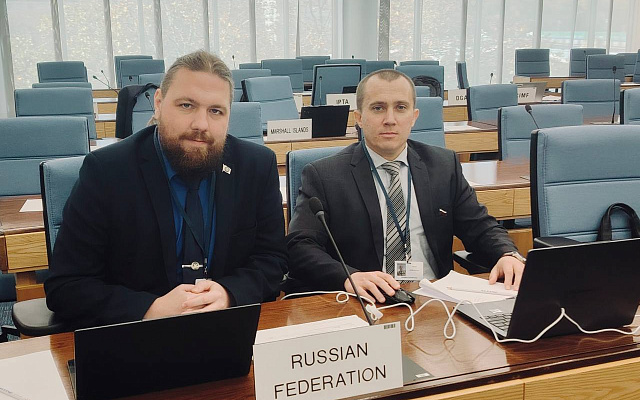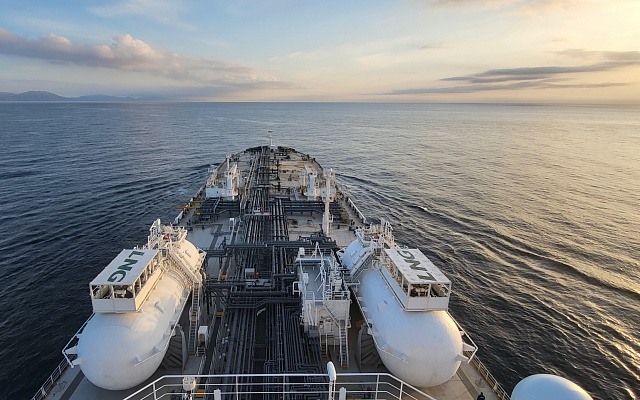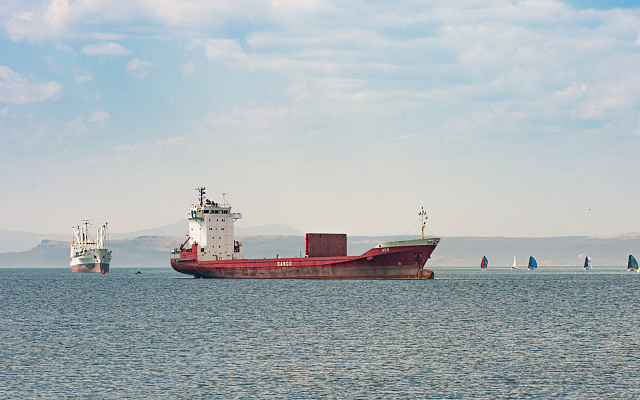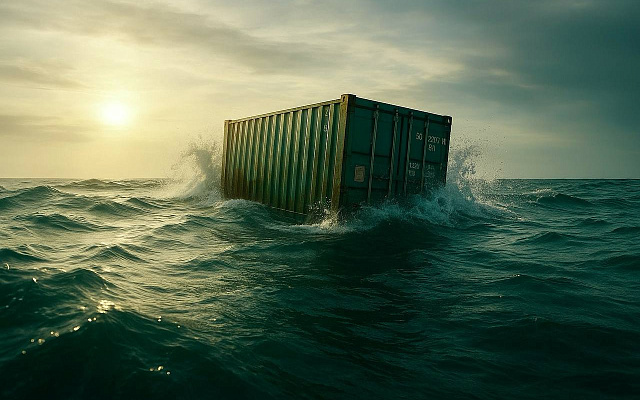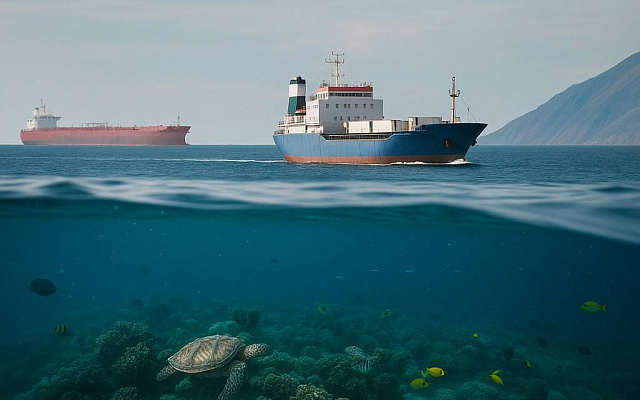Representatives of Russian Maritime Register of Shipping (RS) joined the Russian delegation at the 11th session of the IMO Sub-Committee on Carriage of Cargoes and Containers (CCC 11).
Highlights of the session:
- Alternative Fuels – Hydrogen & Ammonia
CCC 11 placed a strong focus on the safe use of alternative fuels. A key outcome was the approval of the draft IMO Interim Guidelines for the Safety of Ships Using Hydrogen as Fuel.
These guidelines — developed at the Intersessional Working Group on Development of Technical Provisions for Safety of Ships Using Alternative Fuels with RS participation — provide comprehensive recommendations on the design, installation, operation, monitoring and control of hydrogen-fueled systems. The goal is to minimize risks to crews, ships and the environment.
The Sub-Committee also approved draft Interim Guidelines for the Safety of Ships Using Ammonia as Fuel. Both documents are expected to be adopted at the 111th session of the Maritime Safety Committee (MSC) in spring 2026.
- Preventing Container Loss
CCC 11 approved a comprehensive plan to tackle container loss with a view to future amendments to SOLAS and other IMO documents.
- IGC Code Amendments
Work was completed on amendments to the International Code of the Construction and Equipment of Ships Carrying Liquefied Gases in Bulk (IGC Code). Revisions expand the list of gases that can be used as fuel and set new requirements for spaces with gas-consuming equipment.
- Carriage of Liquefied Hydrogen
In response to growing industry interest in the maritime transport of hydrogen and to account for the latest scientific and technical advancements in the field, the Sub-Committee finalized and approved the draft revised Interim Recommendations for the Carriage of Liquefied Hydrogen in Bulk. The draft includes provisions for the use of membrane-type containment systems.
- Marine Cargo Transportation
Work continued on the refinement of the International Maritime Dangerous Goods Code (IMDG Code) and the International Maritime Solid Bulk Cargoes Code (IMSBC Code). A number of editorial amendments and new individual schedules (transport requirements) for specific cargo types were approved for subsequent inclusion in the Codes. Work on amendments to the IMDG Code is currently underway at the 43rd meeting of the relevant Editorial and Technical Group, likewise attended by RS. The Group is tasked with preparing a new version of the IMDG Code (43-26) for adoption in 2026 and entry into force on January 1, 2028.
A detailed summary of CCC 11 outcomes is available in the section “International Activity” – “Results of sessions of the IMO bodies” on the official RS website.
Stay updated on the latest IMO developments with our weekly newsletter via the online subscription service.
Additional information:
Founded in 1913, Russian Maritime Register of Shipping (RS) is a world-renowned classification society that operates within all spheres of the maritime industry with the goal of improving the operational and environmental safety of marine transportation. RS reviews technical documentation, surveys ships and offshore facilities under construction and in service, certifies vessels and companies for compliance with international conventions, recognizes and certifies industrial products and manufacturers, certifies quality management systems for compliance with international and national standards.
Today, RS is actively expanding its scope of services in the field of engineering and consulting, the development of technical documentation for vessels in service, marine warranty surveys and certification. In addition, RS surveys all container types, including tank containers and offshore containers, confirms compliance of packaging for dangerous goods, as well as renders services on the declaration and certification of dangerous goods and bulk cargoes.
